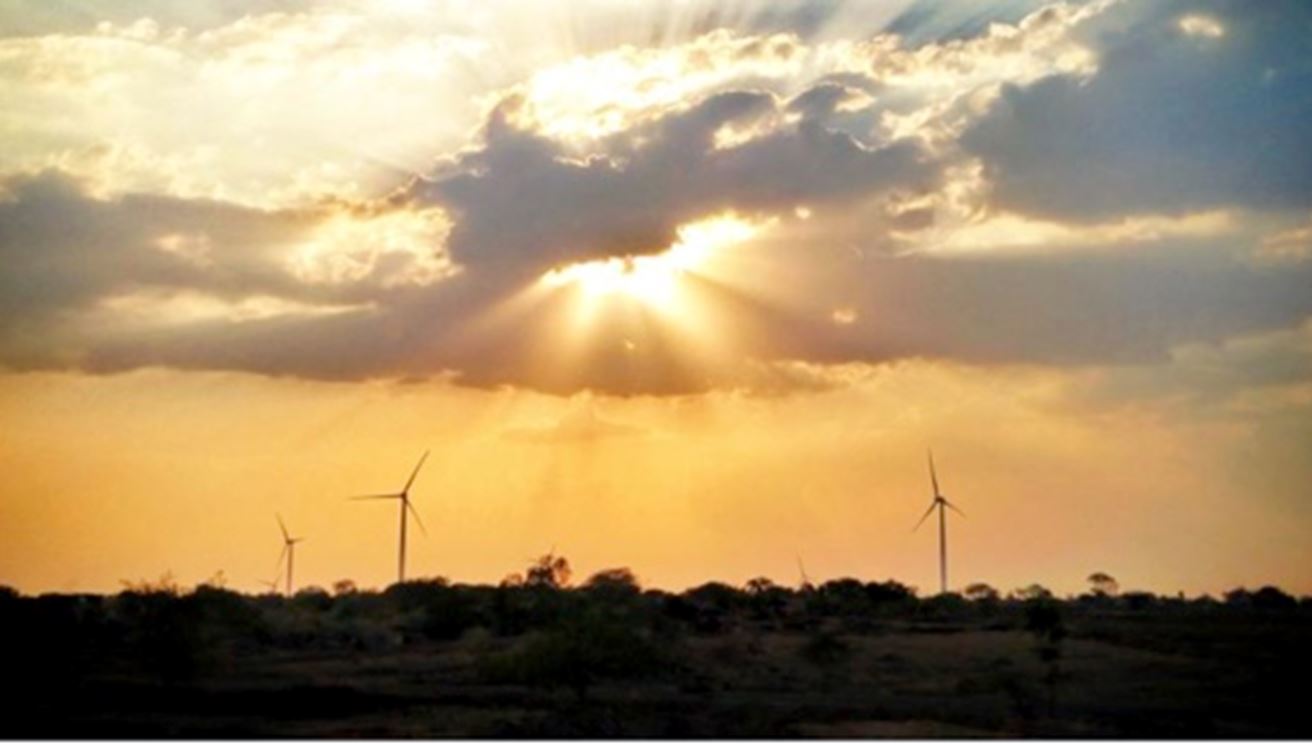A Bright Future: Renewable Energy in Asia After COVID-19

The renewable energy sector in India, already grappling with various issues such as delays to funding and uncertainty over government policy, faces a significant new test with COVID-19. However, despite these challenges, the overall situation is showing signs of improvement.
Green shoots include signs that the government, responding to the economic impact of the pandemic, are considering higher subsidies for renewable projects. Such an investment would help to re-invigorate industry and provide secure energy sources for the future. Coupled with past efforts to introduce necessary regulatory support mechanisms, the sector is reasonably well placed to weather the current crisis.
According to a report by the Institute for Energy Economics and Financial Analysis (IEEFA), India is set to achieve 145GW of renewable energy by close of FY 2021/22, a strong indication that the country is on track to meet its ambitious renewable energy goal of 175GW by the end of 2022.
Moving past the lockdown
Before India entered lockdown on the 23rd March 2020, the country had never before experienced a health crisis of the type and scale posed by COVID-19. While the original ‘Phase 1’ lockdown was due to expire on the 14th April, subsequent extensions mean that restrictions remain in place, albeit with differences around the country and some relaxing of the rules.
As part of its approach to re-opening the economy, the government has defined renewable energy construction projects as a priority, making them some of the first commercial ventures to re-open. With project planning, preparation, and clerical work completed remotely during the lockdown, many new and existing projects stand ready to go.
Furthermore, the Ministry of Natural and Renewable Energy (MNRE) has stated that projects already under-construction before the pandemic and affected by disruptions to the supply chain are considered as having suffered a ‘natural disaster’, which may lead to relaxed timelines and additional support. Deadline extensions, in particular, offer great relief to developers, shielding them from the risk of penalties and encashment of bank guarantees.
For running projects, the MNRE has clarified that the ‘Must Run’ status for renewable projects remains unchanged during Covid-19 lockdown period and should not be curtailed but for grid security reasons.
Open for Business
A rapidly expanding economy before the pandemic, infrastructure and renewable energy projects will remain core to the post-COVID-19 recovery and future growth.
In the short to medium term, I expect that the utility-scale segment of the market will continue to be dominated by commercial and industrial consumers. The growth in rooftop installations also continues to look promising for at least the next few years.
As the country continues to re-open the pace of progress on existing projects will only increase. And with many new projects now in the pipeline, waiting to be finalised and executed, there is ample cause for optimism about the future.
Though we continue to work remotely, EKO India is open for business; ready to support our distributors, partners and customers as we all work towards a brighter, more renewable, future for India.


















